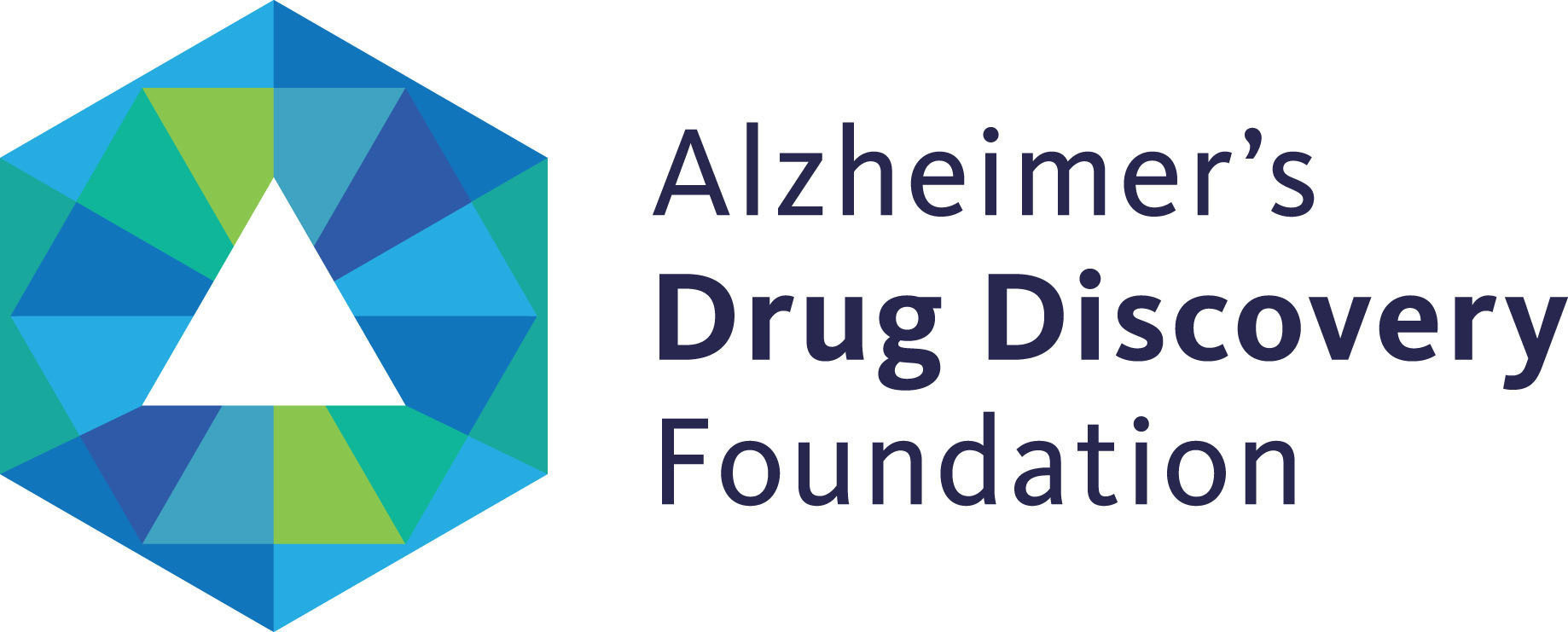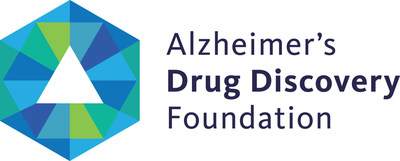
Cision PR Newswire
New Investment from the Alzheimer's Drug Discovery Foundation's Diagnostics Accelerator (DxA) Leads Efforts to Develop Standardization Materials for Leading Diagnostic Biomarker

The DxA partners with Dr's Henrik Zetterberg and Nicholas Ashton to create critical standardized reference materials for leading Alzheimer's blood biomarker, p-Tau217, to ensure consistency across global research and clinical settings
NEW YORK, Nov. 14, 2024 /PRNewswire/ -- The Alzheimer's Drug Discovery Foundation (ADDF)'s Diagnostics Accelerator today announced a $1.18M investment in the University of Gothenburg (Sweden) to develop standardization reference materials for phosphorylated tau 217 (p-tau217) blood tests, the leading diagnostic blood biomarker for Alzheimer's disease. The project will be led by Henrik Zetterberg, MD, PhD and Nicholas Ashton, PhD, from the University of Gothenburg and Banner Health, who are both internationally recognized for their leadership and advancement of fluid biomarkers for central nervous system diseases such as Alzheimer's. The primary objective of the project is to create a certified reference material that assay developers can use as a baseline to test against when developing a p-tau217 blood test.
"Blood tests are emerging as one of the most transformative developments in Alzheimer's diagnosis and treatment," said Howard Fillit, MD, Co-Founder and Chief Science Officer at the ADDF. "With science accelerating at an unprecedented pace, it is critical that we develop tools that provide a consistent benchmark across all clinical settings. This investment will enhance the accuracy and comparability of test results so patients across the globe have access to reliable diagnostics so they can get the right treatment options for this debilitating disease."
Similar efforts to standardize amyloid beta 1-42 (Aβ42) and total tau (t-tau) in cerebrospinal fluid (CSF), along with advances in imaging and amyloid testing, have significantly advanced Alzheimer's research and diagnosis. These biomarkers are crucial for understanding the disease's underlying biology as well as treating the disease. Applying these insights to standardizing p-tau in blood has the potential to become essential to diagnosing Alzheimer's, offering a unique opportunity to move the process forward for more patients.
"Providing researchers with evidence-based certified guidelines will help companies calibrate more uniform assays," said Henrik Zetterberg, MD, PhD, Chief Physician and Professor at Institute of Neuroscience and Physiology at University of Gothenburg in Sweden as well as the 2024 Goodes Prize winner. "There is an urgent need to standardize p-tau217 for global clinical implementation. Support from the DxA is critical to project success and is indicative of its leadership in the biomarker diagnostics field."
The DxA has invested more than $70 million in nearly 70 projects, underscoring its commitment to bringing accessible, affordable, and scalable diagnostics to patients struggling with Alzheimer's disease. Along with blood tests, the DxA's diverse portfolio includes retinal scans and digital tools that will not only provide patients with early and accurate diagnoses, but also have the potential to be used for screening, prognostic, and prevention efforts.
As the Alzheimer's field continues to evolve rapidly, the way the disease is perceived, diagnosed, and treated will also mature. Adding the parameters built into standardized guidelines will ensure that meaningful momentum continues in the pursuit of accurate, accessible, and effective diagnostics.
"Blood-based biomarkers like p-tau217 will be one of the many novel biomarkers that will be essential to laying the foundation for combination therapies and a precision medicine approach, representing the future of Alzheimer's treatment. These new tools will move Alzheimer's diagnostics closer to those of other diseases of aging, such as cancer, where personalized treatments are used based on each patient's unique biomarker profile," said Dr. Fillit.
About The Alzheimer's Drug Discovery Foundation (ADDF)
Founded in 1998 by Leonard A. and Ronald S. Lauder, the Alzheimer's Drug Discovery Foundation is dedicated to rapidly accelerating the discovery of drugs to prevent, treat and cure Alzheimer's disease. The ADDF is the only public charity solely focused on funding the development of drugs for Alzheimer's, employing a venture philanthropy model to support research in academia and the biotech industry. The ADDF's leadership and contributions to the field have played a pivotal role in bringing the first Alzheimer's PET scan (Amyvid®) and blood test (PrecivityAD®) to market, as well as fueling the current robust and diverse drug pipeline. Through the generosity of its donors, the ADDF has awarded more than $290 million to fund over 750 Alzheimer's drug discovery programs, biomarker programs and clinical trials in 20 countries. To learn more, please visit: http://www.alzdiscovery.org/.
About The Diagnostics Accelerator (DxA)
The Diagnostics Accelerator, created in July 2018, is a $100 million global research initiative from partners including ADDF Co-Founder Leonard A. Lauder, Bill Gates, Jeff Bezos, MacKenzie Scott, the Dolby family, the Charles and Helen Schwab Foundation, The Association for Frontotemporal Degeneration, among others, to develop novel biomarkers for the early detection of Alzheimer's disease and related dementias.
This research initiative is dedicated to accelerating the development of affordable and accessible biomarkers to diagnose Alzheimer's disease and related dementias and advance the clinical development of more targeted treatments. Through translational research awards and access to consulting support from industry experts, this program will challenge, assist and fund the research community in both academia and industry to develop novel peripheral and digital biomarkers.
![]() View original content to download multimedia:https://www.prnewswire.com/news-releases/new-investment-from-the-alzheimers-drug-discovery-foundations-diagnostics-accelerator-dxa-leads-efforts-to-develop-standardization-materials-for-leading-diagnostic-biomarker-302306416.html
View original content to download multimedia:https://www.prnewswire.com/news-releases/new-investment-from-the-alzheimers-drug-discovery-foundations-diagnostics-accelerator-dxa-leads-efforts-to-develop-standardization-materials-for-leading-diagnostic-biomarker-302306416.html
SOURCE Alzheimer's Drug Discovery Foundation

NOTE: This content is not written by or endorsed by "WGNO", its advertisers, or Nexstar Media Inc.

